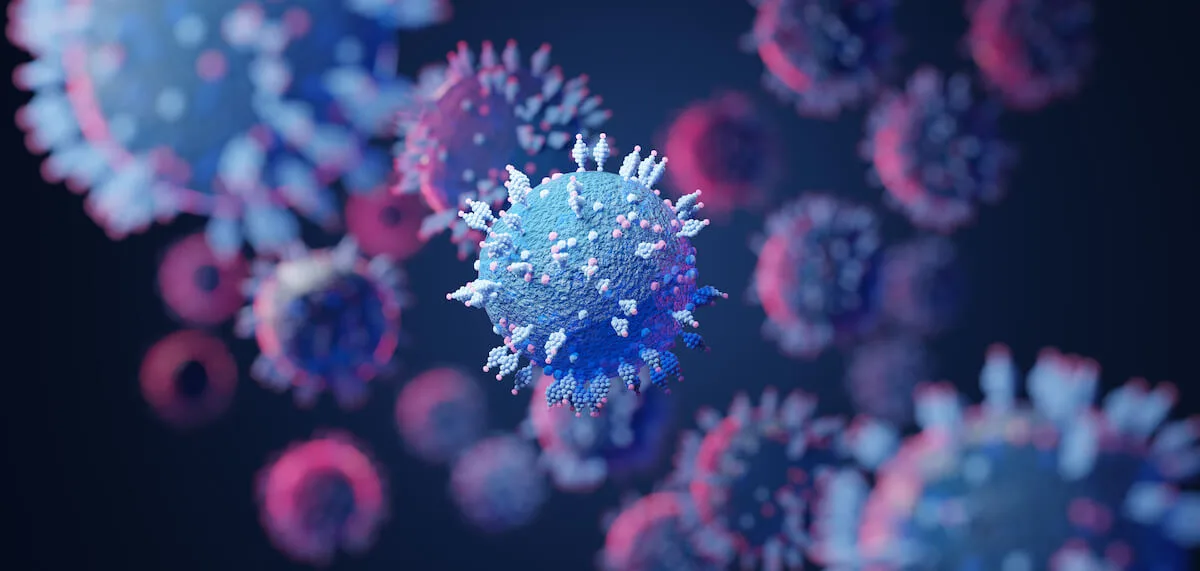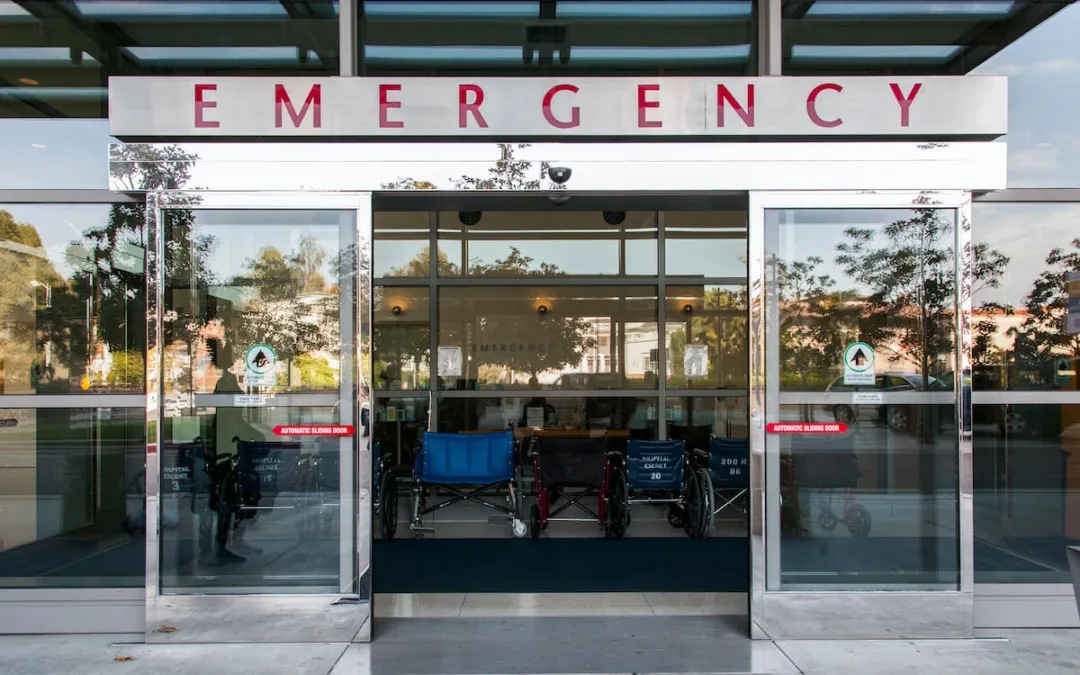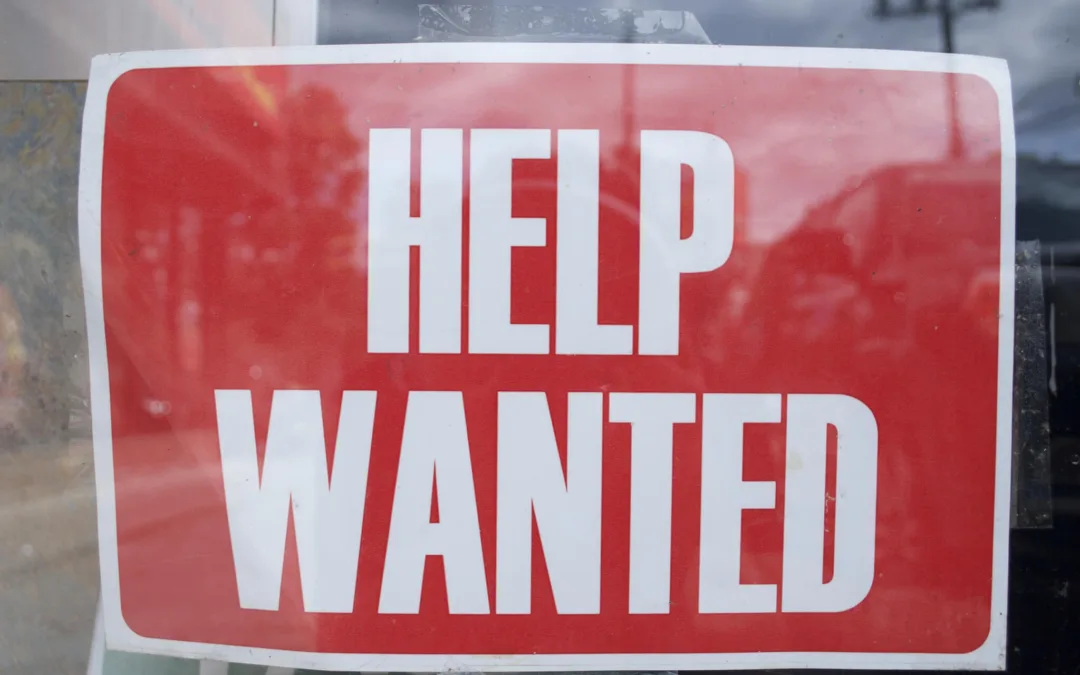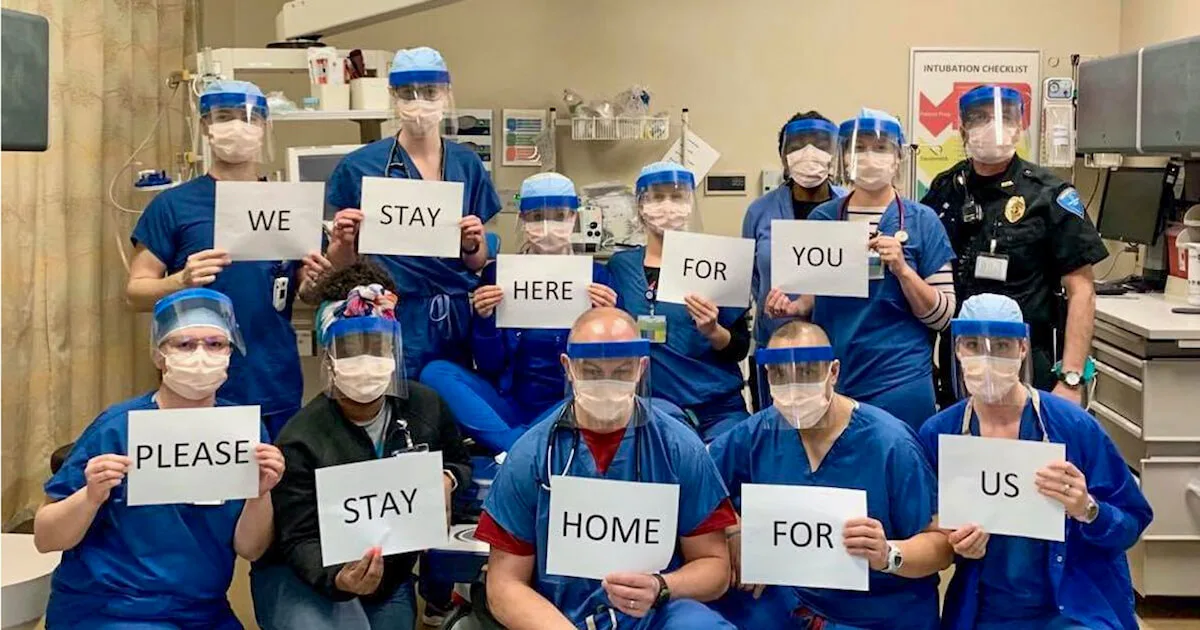
#image_title
#image_title
Affects non-essential businesses. Death toll rises to 5.
Following a weekend that brought the number of COVID-19 related deaths in Wisconsin to five, Gov. Tony Evers is enacting a “safer at home” policy that will take effect sometime Tuesday.
Evers made the announcement via Twitter Monday morning. He then said on a conference call Monday afternoon that additional details would not be forthcoming until Tuesday. The order is a more restrictive measure, similar to “shelter in place” policies that other states and other countries are starting to use to slow the spread of the deadly coronavirus.
While Evers did not provide specifics Monday, he did say folks “need to start taking this seriously.”
The total number of positive coronavirus cases is 416, with 7,050 people testing negative for the virus.
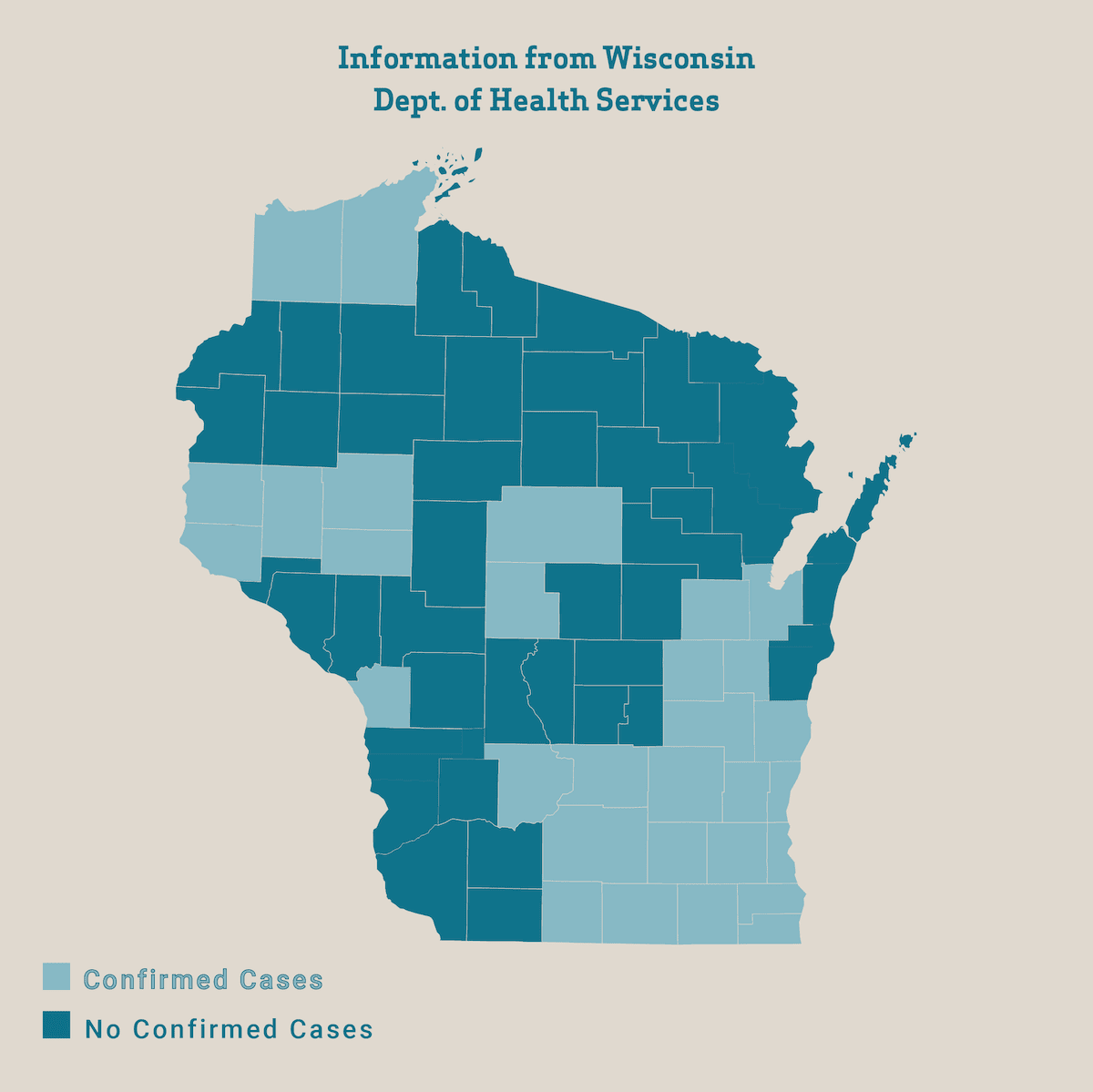
“You can still go out and take a walk. Go for a bike ride, walk the dogs. It is good exercise and it is good for everybody’s mental health,” Evers said. “But please don’t take any other unnecessary trips, and limit your travel to essential needs like going to the doctor, grabbing groceries and medication.”
Businesses deemed “non-essential” will no longer be allowed to stay open. When asked if construction projects would be allowed to continue, or hardware stores will remain open, Evers repeatedly told the press more details would be provided Tuesday. He did say no one will be forced to leave work in the middle of the workday Tuesday.
Evers said he discussed the decision to move beyond the state’s current guidelines that discourage gatherings of more than 10 people and have closed movie theaters, spas, hair salons, and limited restaurants and bars to carry-out and delivery, after talking with public health experts, business leaders and local elected officials.
“Overwhelmingly, the response I heard is we need an all hands on deck approach in order to stop the spread of COVID-19 in Wisconsin,” Evers said.
Evers did not talk to Republican leaders. They were critical of his decision to not provide details Monday when the “Safer at Home” order will take effect on Tuesday.
Wisconsin Department of Health Services Andrew Palm said the new “safer at home” policy is needed to prevent a surge in cases, which would overwhelm the state’s healthcare system.
To further prevent that from happening, five strike teams were created over the weekend. The focus of these teams will be to offer as much support as possible to the frontline workers caring for infected patients.
Strike team members will focus on specimen collection and laboratory capacity, personal protective equipment and other essential supplies, isolation facilities, surge capacity, healthcare worker childcare, and contact tracing and surveillance.
Evers said he was not prepared to issue a “safer at home” order until those strike teams were in place.
He added private sector partnerships have been established with Epic to provide project managers and streamline data collection. This means, for example, having real-time numbers as to how many people are testing positive and how many patients are hospitalized due to the virus at one time and how many hospital beds statewide are available.
Exact Sciences is now providing additional sample testing capabilities and Promega is supplying a much-need reagent that is necessary for testing kits. Epic, Exact Sciences and Promega are all located in the greater Madison area.
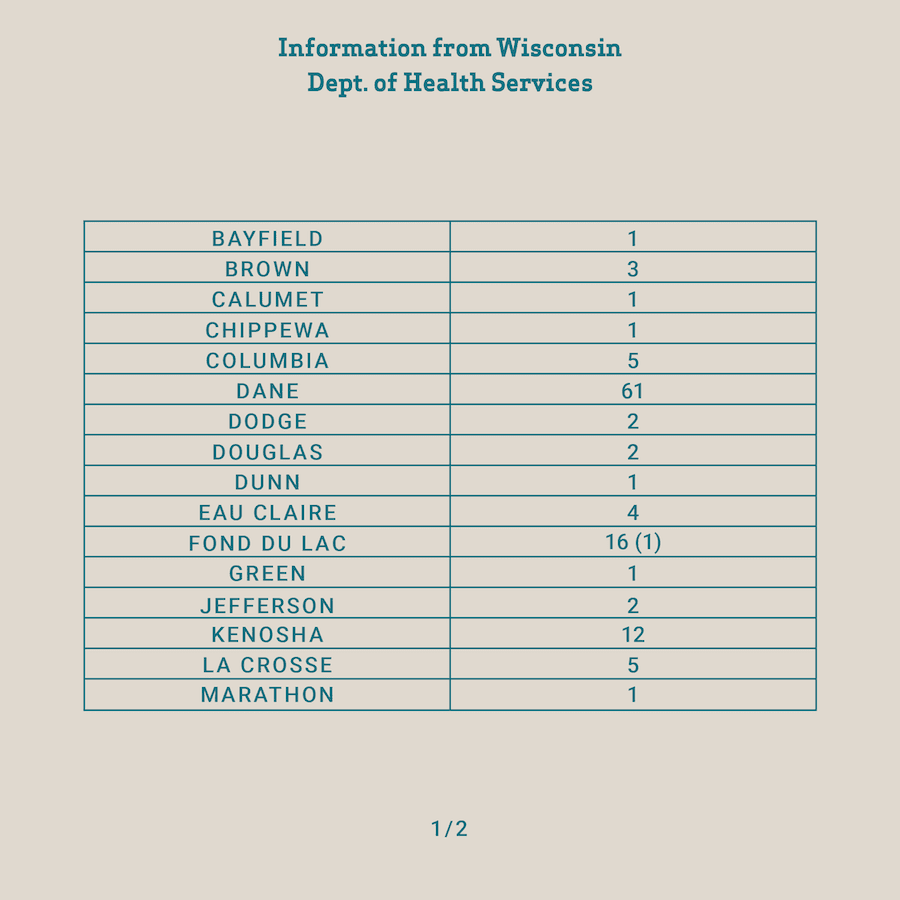
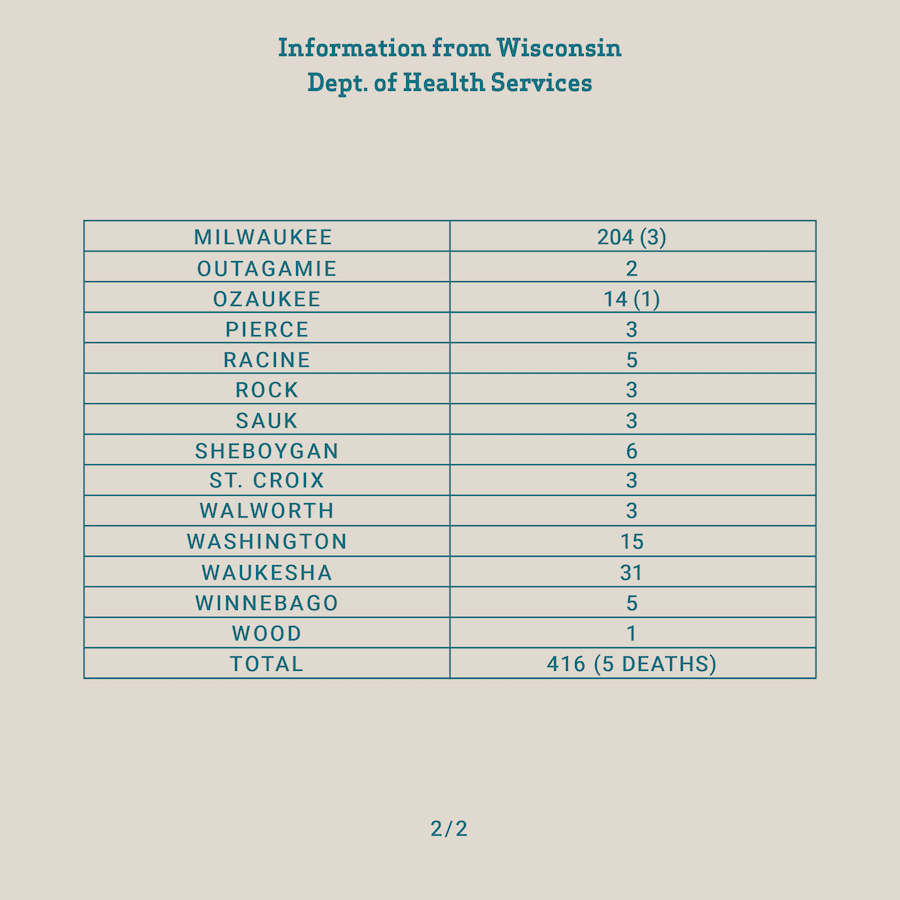
Adjutant General Major General Paul Knapp with the Wisconsin National Guard said roughly 300 guardsmen have been activated to assist with the response to the coronavirus.
He said six medics from the National Guard currently are assisting at Village Pointe Commons, a senior living facility in Grafton, where a 91-year-old man in the memory care unit died from the virus last week . The medics will leave in a few days when the facility is able to find a solution to its staffing shortage, Knapp said.
“This is a great example of what we are here for .. what we are designed to do,” Knapp said.
Knapp also will be coordinating a personal protective equipment, or PPE, buy-back program for the state. The state is struggling with a shortage, forcing many nurses and other healthcare professionals to reuse single-use surgical masks.
Knapp said the state will accept donations or purchase gloves, surgical masks, gowns, face shields and thermometers from companies that may have closed because of the virus. He said they will have the flexibility to add baby formula, diapers and hand sanitizer to the list in the future.
“I would just encourage everyone to use a calm sense of urgency in this time of need,” Knapp said.
Politics

New Biden rule protects privacy of women seeking abortions
Under the new rules, state officials and law enforcement cannot obtain medical records related to lawful reproductive health care with the goal of...

Biden marks Earth Day by announcing $7 billion in solar grants
The Biden administration on Monday announced the recipients of its Solar For All Program, a $7 billion climate program that aims to lower energy...
Local News

Stop and smell these native Wisconsin flowers this Earth Day
Spring has sprung — and here in Wisconsin, the signs are everywhere! From warmer weather and longer days to birds returning to your backyard trees....

Your guide to the 2024 Blue Ox Music Festival in Eau Claire
Eau Claire and art go hand in hand. The city is home to a multitude of sculptures, murals, and music events — including several annual showcases,...


